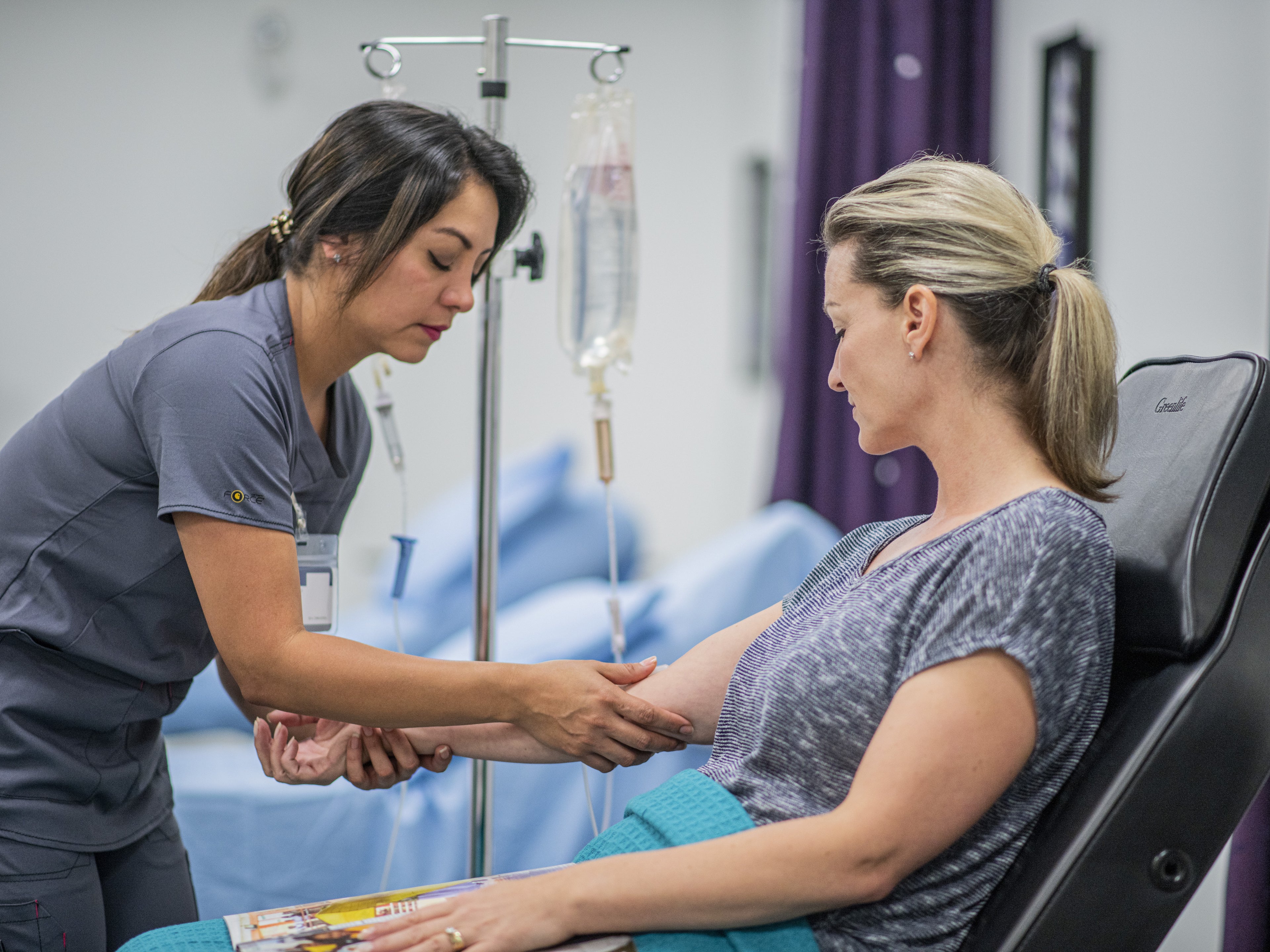Doctor faces complaint after shouting match with patient
Sunday, 11 September 2022

Dealing with an angry patient can test the communication skills of even the most patient doctor. Maintaining your professionalism and your cool can mean the difference between placating the patient and facing a complaint.
Avant’s analysis of complaints to regulators and compensation claims shows one in four member claims involve issues relating to problems in doctor-patient interactions. Instances where the patient felt the doctor was rude, arrogant or disrespectful were expressed in half of these claims.
The results highlight why maintaining professionalism with patients can help minimise your risk of a complaint.
Patient makes complaint after shouting match with their doctor
A recent case involved a GP who argued with a patient in an appointment, after the patient was dissatisfied with their experience following removal of a skin cancer.
The patient made a complaint to the Medical Board of Australia, which investigated the matter and obtained responses from the doctor, the patient’s partner and the practice manager. The patient and doctor gave different accounts of how the follow-up appointment degenerated into a shouting match.
The Medical Board found the doctor’s performance was unsatisfactory because he “failed to adequately manage an escalating situation”. The Medical Board also noted that the doctor had been the subject of three previous notifications regarding patient communication. However, no further action had been taken in these cases.
The Medical Board proposed to impose eight conditions on the doctor’s registration. These included undertaking a course of one-on-one education, focusing on de-escalating techniques in response to emotional and aggressive patients and providing a reflective practice report.
Medical Board finds doctor’s response inadequate
The doctor responded to the Board’s proposal by suggesting the Board allows him to undertake self-directed learning about effective patient communication and responding to emotional and aggressive behaviours.
The doctor admitted that, in hindsight, it would have been better to stay calm and allow the patient’s partner to come into the consulting room for a discussion about the outcome of the procedure.
The Board considered this response to be inadequate and confirmed its decision to impose the conditions.
Doctor appeals the Board’s decision
The doctor appealed the Board’s decision to the disciplinary tribunal, on the ground that the proposed conditions were not a “reasonable or proportionate response”, given the patient’s abusive and aggressive behaviour, and the education course had to be completed at considerable expense in his own time.
In the lead-up to the tribunal hearing, the doctor changed his proposed remediation, acknowledging his “DIY” education was inadequate. Instead he submitted a detailed education proposal to the Board to voluntarily complete one-on-one education, provided by a specialist educator.
Tribunal finds doctor lacked reflection and insight
At the tribunal hearing, the Board submitted that although the doctor had shown some remorse, he demonstrated limited insight into his behaviour.
The tribunal noted that despite the doctor outwardly accepting the need to improve his patient communication skills, his written responses and oral evidence emphasised the unacceptable behaviour of his patients, inferring they were at fault in each situation. The reflective content in the doctor's responses was described as “brief and muted.” The tribunal said it would have been more likely to accept the doctor’s proposal if it had been made earlier in the investigation process and reflected a considered analysis of his conduct and how it could be improved.
The Board noted the doctor’s communication problems had arisen in routine situations expected in practice. These include, patients being unhappy with aspects of procedures and behaving at times in a discourteous, rude, unreasonable or ungrateful manner. The Board was concerned the doctor did not readily accept that the incidents indicated a need for further education to avoid emotional situations from escalating.
In the tribunal’s view, the doctor’s agreement to voluntarily undertake education did not reflect an acknowledgement that he needed to undergo the education, but a desire to avoid what he saw as the significant adverse reputational impacts from conditions being imposed.
The tribunal’s decision
Ultimately, the tribunal imposed the conditions on the doctor’s registration set by the Board. However, the tribunal acknowledged in its decision the stress associated with medical practice, and did not want to suggest that any form of violence towards practitioners should be tolerated.
Strategies to de-escalate conflict
When confronted with a disgruntled or rude patient, it can be difficult to maintain courteous and calm communication. Endeavour to defuse the situation, rather than react and become angry.
Avoid becoming defensive or taking comments personally.
It’s important to give the patient the opportunity to have their say and for you to acknowledge they have been heard. A good strategy is actively listening to the patient’s concerns to understand what the issues are to help you address them.
It may be appropriate to allow a patient to express their anger and to acknowledge it: “I can see you are very angry about this”. You can acknowledge the patient’s feelings without necessarily agreeing with what they are saying. In some situations, validating the patient’s anger can also help.
Strategies if you do lose your temper
If you find yourself in a similar situation and do lose your temper or raise your voice, apologise as soon as possible, ideally immediately.
It’s also important to document any situations involving confrontations or discussions with a difficult patient or family member. Your summary of the interaction should be factual and objective. You may want to step back and calm down before you make an entry in the patient’s records.
In the case above, the tribunal was critical of the doctor for their limited insight into their behaviour. If you have a challenging interaction with a patient, it’s a good idea to reflect on what happened and your response to the situation. Think about what you have learnt and how you can handle similar situations better in the future.
It can be stressful to manage challenging patients and their families. Ensure you have techniques in place to calmly manage these situations.
If you feel you need support, contact Avant’s Personal Support Program on 1300 360 364 for confidential counselling services. Avant also has a range of helpful information, support and advice on health and wellbeing on our website.
Key lessons
- Avoid becoming defensive or taking patient comments personally.
- Allow patients the opportunity to air their concerns so you can understand what the issues are.
- If you do lose your temper with a patient, apologise as soon as possible. Take time to reflect on the incident and how you could handle a similar situation better next time.
- Document any confrontations or discussions with difficult patients in a factual and objective manner.
- Make your own wellbeing and work-life balance a priority.
Useful resources
More ways we can help you



